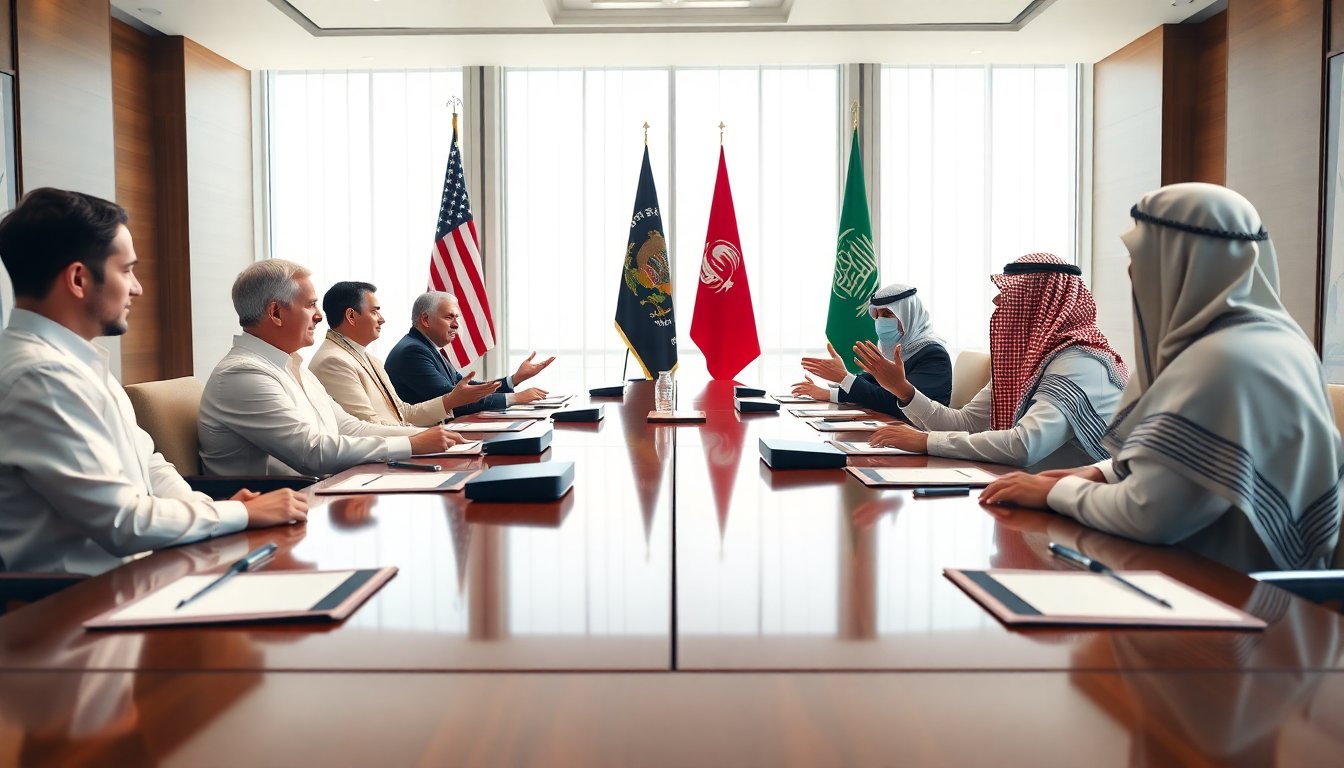Table of Contents
The relationship between the United States and Saudi Arabia has transformed significantly since the death of journalist Jamal Khashoggi in 2018. This incident strained diplomatic ties and initiated developments that reshaped the political landscape of the Middle East. As the situation evolves, the dynamics of this bilateral relationship continue to change, particularly under the leadership of President Donald Trump and Crown Prince Mohammed bin Salman.
Since Khashoggi’s murder, the U.S.-Saudi alliance has experienced both turbulence and resurgence. Once viewed as a pariah on the global stage, especially within U.S. political circles, the Crown Prince has sought to rehabilitate his image and strengthen ties with Washington. This article examines the progression of U.S.-Saudi relations, highlighting key events and their implications for both nations.
From crisis to collaboration
In the immediate aftermath of Khashoggi’s murder, U.S.-Saudi relations seemed to be at a breaking point. Intelligence assessments suggested that the Crown Prince likely orchestrated the operation leading to Khashoggi’s death, resulting in widespread condemnation from the public and government officials in the United States. However, as time passed, a noticeable shift began to emerge, particularly during Trump’s second term.
Trump’s welcoming gesture
During a lavish welcome ceremony at the White House, President Trump embraced Crown Prince Mohammed, signaling his intent to restore the alliance. This event marked the Prince’s first visit to the White House since the Khashoggi incident, illustrating a significant turnaround in diplomatic relations. The ceremony featured military honors and extravagant displays, reflecting the importance of this partnership to the Trump administration.
Trump’s comments during the visit downplayed the severity of Khashoggi’s murder, suggesting that such unfortunate events are part of international politics. His remarks, “things happen,” encapsulated a broader strategy of prioritizing U.S.-Saudi ties over accountability for the assassination.
Expanding economic ties
As the diplomatic relationship improved, economic discussions took center stage. During their meeting, Crown Prince Mohammed announced an increase in planned investments in the U.S. from $600 billion to an impressive $1 trillion. This ambitious commitment aims to solidify Saudi Arabia’s position as a key player in the American economy, particularly in sectors like technology and infrastructure.
Military agreements and strategic interests
In addition to economic cooperation, military agreements featured prominently in discussions between the two leaders. Trump revealed plans to sell advanced F-35 fighter jets to Saudi Arabia, a move that raised concerns among some U.S. officials about regional stability, especially regarding Israel’s military edge. This agreement is part of a broader strategy to foster collaboration on security issues while encouraging Saudi Arabia to normalize relations with Israel.
Despite the evolving partnership, significant challenges remain. The Saudi government faces extensive criticism from human rights organizations, which have called for accountability regarding ongoing repression within the kingdom. Ahead of the Crown Prince’s visit, a coalition of human rights groups urged the U.S. administration to use its influence to advocate for fundamental human rights reforms in Saudi Arabia.
The path forward
Looking ahead, the future of U.S.-Saudi relations will depend on several critical factors, including the regional geopolitical landscape and internal Saudi reforms. The Crown Prince continues to seek a prominent role on the global stage, aspiring to diversify Saudi Arabia’s economy away from oil dependency through investments in technology, tourism, and other sectors.
As the complexities of international relations unfold, both nations face the challenge of balancing strategic interests with ethical considerations. The evolving narrative of U.S.-Saudi relations since Khashoggi’s death reflects not only a diplomatic recalibration but also a broader struggle to navigate the intricate web of politics, economics, and human rights.


